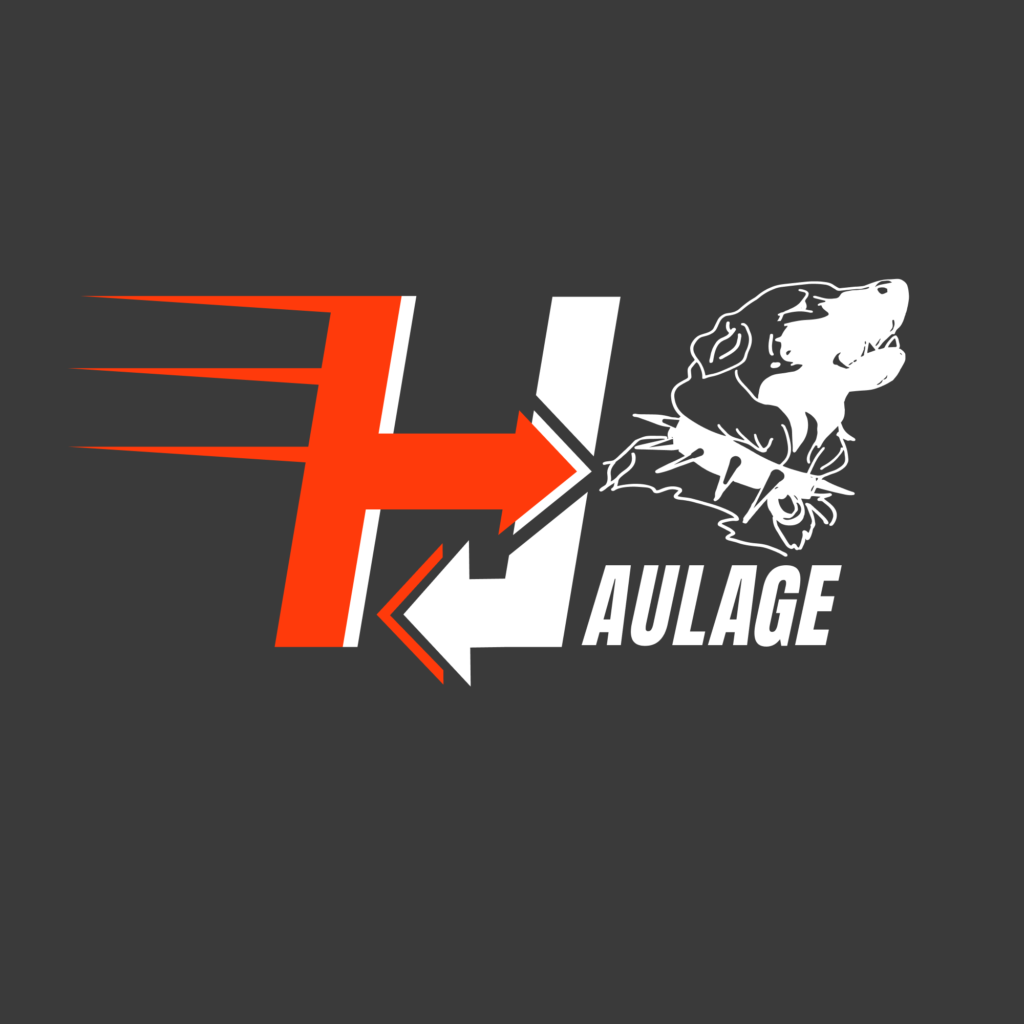How to Export Second-Hand Trucks to Countries in the Middle East and Central Asia:
A Guide for Turkey, Northern Cyprus, and Azerbaijan
Korkmaz Gocer
The global demand for second-hand trucks is on the rise, particularly in developing and emerging markets. Countries in the Middle East and Central Asia, such as Turkey, Northern Cyprus, and Azerbaijan, present significant opportunities for businesses or individuals interested in exporting used trucks. This blog post will outline the steps you need to take to successfully export second-hand trucks to these countries, considering legal requirements, market conditions, and logistics.
1. Understanding the Market
Before exporting second-hand trucks, it’s crucial to understand the unique market dynamics of each country.
Turkey
Turkey is a major transport hub between Europe and Asia, with a strong demand for trucks used in construction, agriculture, and freight. While Turkey imports a considerable amount of new trucks, there is also a growing demand for used trucks due to economic factors that favor cost-effective solutions for small and medium enterprises.
Northern Cyprus
As a politically complex region, Northern Cyprus functions under different regulations than the internationally recognized Republic of Cyprus. Imports here are more limited, and Turkish standards often apply. The market for second-hand trucks is smaller compared to mainland Turkey but still presents opportunities, particularly for construction and infrastructure-related activities.
Azerbaijan
Azerbaijan is experiencing rapid economic growth due to its oil wealth and increasing infrastructure investments. This growth drives a need for affordable second-hand trucks, especially in sectors like construction, transportation, and agriculture. The country is modernizing its logistics and transportation infrastructure, making it an attractive destination for second-hand trucks.
2. Compliance with Local Regulations
Each of these countries has its own rules regarding the import of second-hand trucks. Here’s a breakdown:
Turkey
- Vehicle Standards: Turkey has specific regulations on vehicle emissions and standards. Trucks must meet Euro 5 or Euro 6 emission standards for heavy-duty vehicles.
- Documentation: Required documents include a certificate of origin, bill of lading, commercial invoice, and proof of ownership. Customs duties and VAT may apply.
- Import Restrictions: Turkey restricts the import of older vehicles. Typically, trucks should not be older than 5-10 years, depending on the type and use.
Northern Cyprus
- Customs: Northern Cyprus follows Turkish customs regulations for imports. Vehicles must comply with Turkish safety and environmental standards.
- Taxes and Fees: Import duties, VAT, and registration fees will apply. The exact rate depends on the truck’s age, engine size, and type.
- Special Considerations: As Northern Cyprus is not internationally recognized, there may be challenges in securing shipping routes or insurance coverage.
Azerbaijan
- Age and Emission Limits: Azerbaijan limits the import of older trucks. Vehicles over seven years old may face higher taxes or be prohibited entirely. Trucks must comply with emission standards similar to those of the EU.
- Duties and Taxes: Importers need to pay customsduties, VAT, and excise taxes, which are calculated based on the truck’s value, age, and engine size.
- Documentation: Commonly required documents include a bill of lading, commercial invoice, and proof of origin. The truck will also need to pass a technical inspection upon arrival.

3. Shipping Logistics
Once you’ve confirmed compliance with local regulations, shipping logistics become the next hurdle.
Turkey
Turkey has well-established seaports, and shipping a truck to Turkey is relatively straightforward. Ports such as Istanbul, Izmir, and Mersin are popular entry points. Turkey’s customs process is efficient, but it’s important to factor in the time needed for inspections and documentation verification.
Northern Cyprus
Northern Cyprus relies on Turkish shipping routes for most of its imports. Ports like Famagusta are key entry points. Since Northern Cyprus operates under an unrecognized administration, direct international shipping is limited, and most trucks are routed via Turkey.
Azerbaijan
Azerbaijan’s key port is Baku, located on the Caspian Sea. For land transport, Azerbaijan is accessible via Georgia or through ferry routes from Turkey across the Black Sea. Make sure to consider regional geopolitical factors, such as sanctions or trade restrictions, which may affect transit routes.
4. Securing Buyers and Partners
Finding reliable buyers and business partners in these countries is crucial for a successful export business.
Turkey
Turkish businesses often look for affordable second-hand trucks, particularly in the logistics and construction sectors. Local trade shows, online platforms, and partnerships with Turkish vehicle dealerships can help you tap into this market.
Northern Cyprus
In Northern Cyprus, working directly with local contractors or businesses involved in the construction or agricultural sector may yield positive results. Networking within Turkey can also open doors, given the close economic ties.
Azerbaijan
In Azerbaijan, government contracts and private companies in the oil, gas, and construction industries are key buyers. Attending trade fairs or working with local importers and dealers can help you establish a foothold.
5. Financing and Insurance
Exporting second-hand trucks requires adequate financing and insurance solutions, especially when shipping internationally.
- Financing: Some buyers may require financing options, so offering flexible payment terms or working with financial institutions in your home country or the importing country could be beneficial.
- Insurance: Comprehensive marine and freight insurance will cover the truck during transport. For countries like Northern Cyprus, which face limited shipping routes, ensuring that your insurance covers indirect routes is vital.
6. After-Sales Support and Maintenance
Offering after-sales services can help you differentiate your business from competitors.
- Turkey: Turkish buyers expect after-sales support, such as spare parts availability and technical assistance. Partnering with local service centers or offering a warranty can increase your credibility.
- Northern Cyprus: Given the smaller market, establishing long-term relationships through reliable after-sales service can build trust with local buyers.
- Azerbaijan: Many buyers in Azerbaijan are looking for trucks that come with extended warranties and easy access to spare parts. Establishing a network of maintenance providers will enhance your reputation in this market.
Conclusion
Exporting second-hand trucks to Turkey, Northern Cyprus, and Azerbaijan offers significant opportunities for profit, but it also requires careful planning and attention to local regulations, logistics, and market dynamics. By ensuring compliance with local laws, securing reliable shipping methods, and building strong business relationships, you can tap into the growing demand for affordable trucks in these regions.
Stay informed about each country’s evolving trade regulations and market trends, and you’ll be well-positioned for success in this lucrative export business.






Your comment is awaiting moderation.
* * * Claim Free iPhone 16: https://www.cskwebserver.in/index.php?i06z4c * * * hs=5b1dd85882cfea16d87019f47cc8514a* ххх*
rnqloq
Your comment is awaiting moderation.
* * * Get Free Bitcoin Now: http://compoende.com.py/index.php?qvjgrm * * * hs=5b1dd85882cfea16d87019f47cc8514a* ххх*
ivktqr